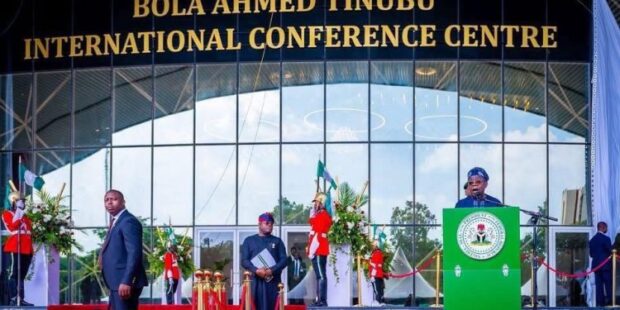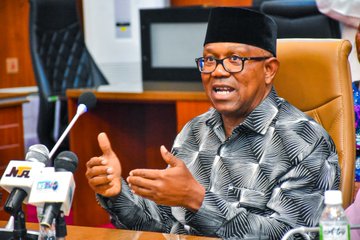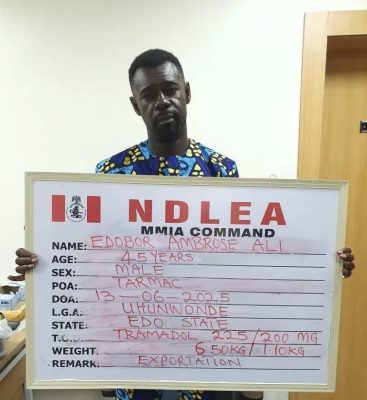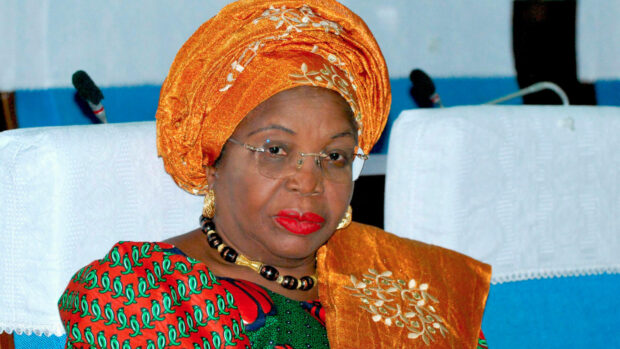
Nigeria’s Mandatory Voting Bill: A Flawed Fix for Voter Apathy?
A controversial bill proposing compulsory voting for Nigerians—with penalties of ₦100,000 fines, six-month imprisonment, or both—has drawn sharp criticism from civil society group Global Rights, which labeled the move “undemocratic” and “misguided.” The bill, currently before the House of Representatives, seeks to amend the Electoral Act 2022 to enforce voter participation. Here’s why activists argue it misses the mark.
Why Global Rights Says Compulsion Fails Democracy
Global Rights Executive Director Abiodun Baiyewu condemned the bill at a press briefing in Abuja:
“Voting is a civic duty, but enforcing it through threats undermines democracy. Participation must stem from trust, not fear.”
Key arguments against the bill include:
- Mistrust in the System: Only 30% voter turnout in 2023 reflects public disillusionment with electoral fraud, violence, and judicial inefficacy.
- Structural Barriers: Systemic issues like vote-buying, thuggery, and hate speech deter engagement.
- Research Insights:
- 90.7% of Nigerians say hate speech/fake news erode social cohesion.
- 67.5% cite these issues as reasons for avoiding elections.
The Real Crisis: Nigeria’s Electoral Trust Deficit
Baiyewu emphasized that low turnout isn’t voter laziness—it’s a symptom of deeper flaws:
- Violence & Intimidation: Thugs and clashes scare voters from polls.
- Monetized Politics: “Highest bidder” tactics skew fairness.
- Judicial Distrust: Courts often fail to resolve disputes credibly.
- Marginalization: Women, youth, and persons with disabilities face exclusion.
“Forcing Nigerians to vote in a broken system is like prescribing painkillers for a broken leg,” she argued.
Global Rights’ Prescription: Fix the System, Not the Voter
Instead of punitive measures, the group urges lawmakers to:
- Strengthen INEC Oversight: Ensure compliance with the Electoral Act for transparent polls.
- Combat Electoral Crimes: Hold perpetrators of violence and hate speech accountable.
- Enhance Inclusivity: Remove barriers for marginalized groups.
- Public Education: Foster civic trust through awareness campaigns.
“Democracy thrives on freedom, not fines. Nigeria needs reforms, not repression,” Baiyewu stated.
Stakeholders React: A Clash of Visions
Supporters of the bill argue compulsory voting could:
- Boost political accountability.
- Reduce elite manipulation of low-turnout elections.
But critics counter: - Coercion ≠ Engagement: Fear-based participation risks legitimizing flawed outcomes.
- Distraction Tactic: Shifts focus from prosecuting electoral offenders to punishing voters.
Join the Conversation!
Should Nigeria enforce mandatory voting, or prioritize systemic reforms? Share your views below!
[CTA]: “Subscribe for insights on democracy, electoral reforms, and human rights in Nigeria.”
Why This Matters:
Nigeria’s debate mirrors global tensions between civic duty and democratic freedom. With trust in institutions eroding, the path to voter engagement lies in accountability—not coercion.
Stay informed as this critical dialogue shapes the future of Africa’s largest democracy.
















Be the first to leave a comment